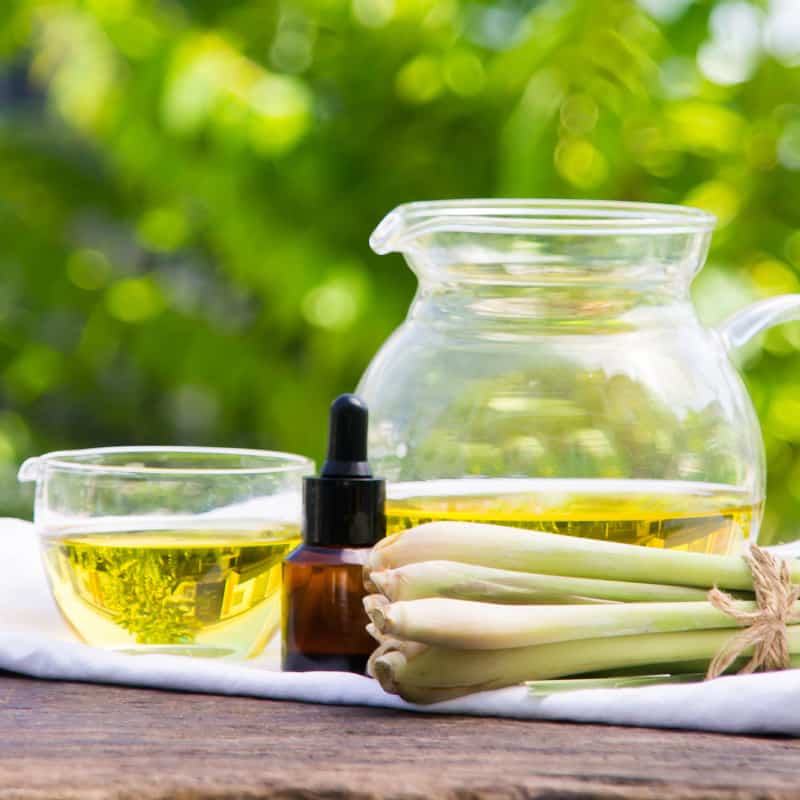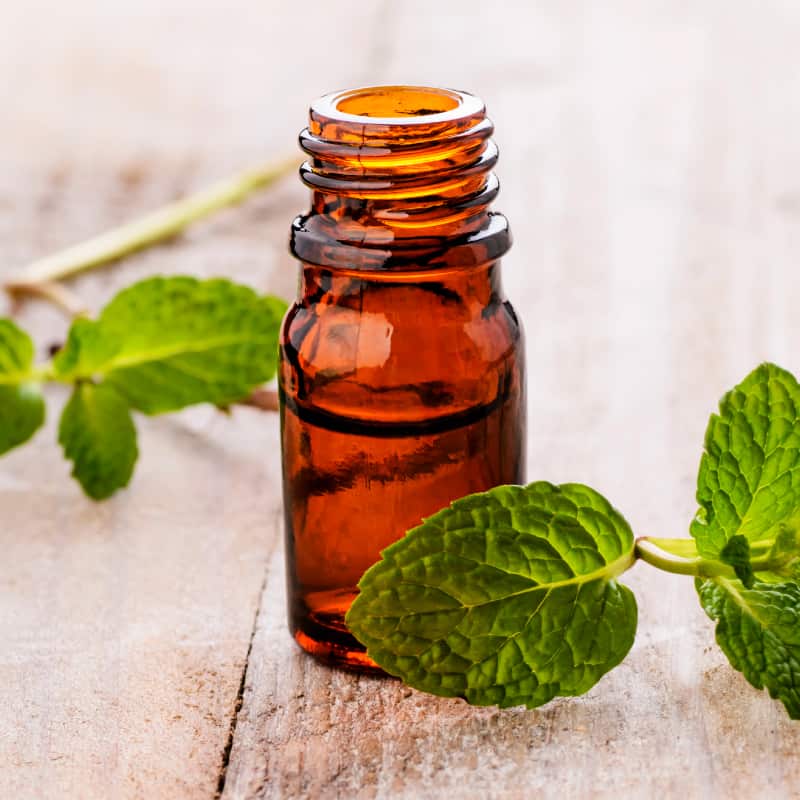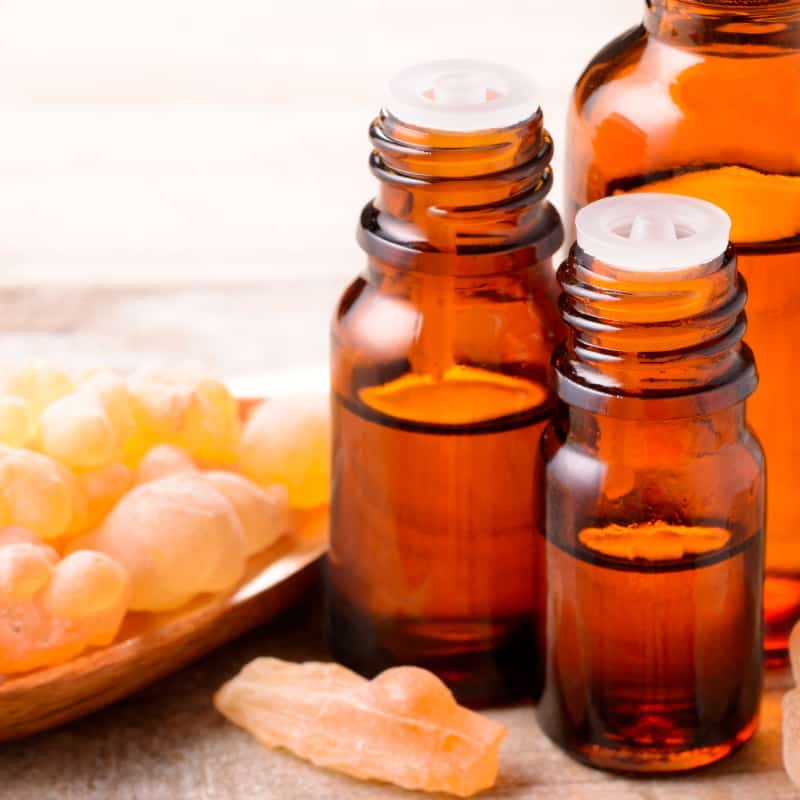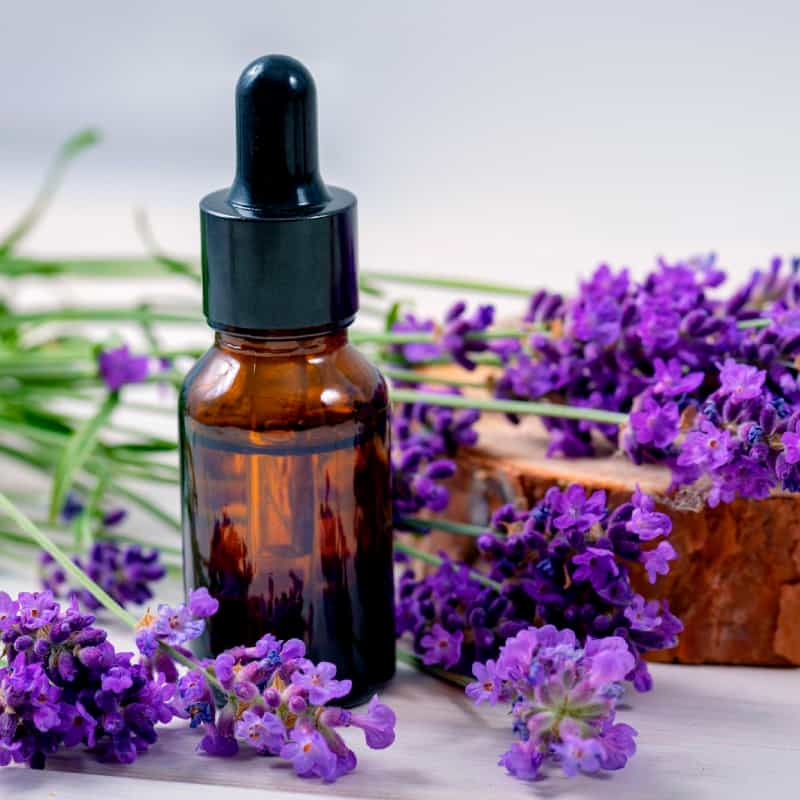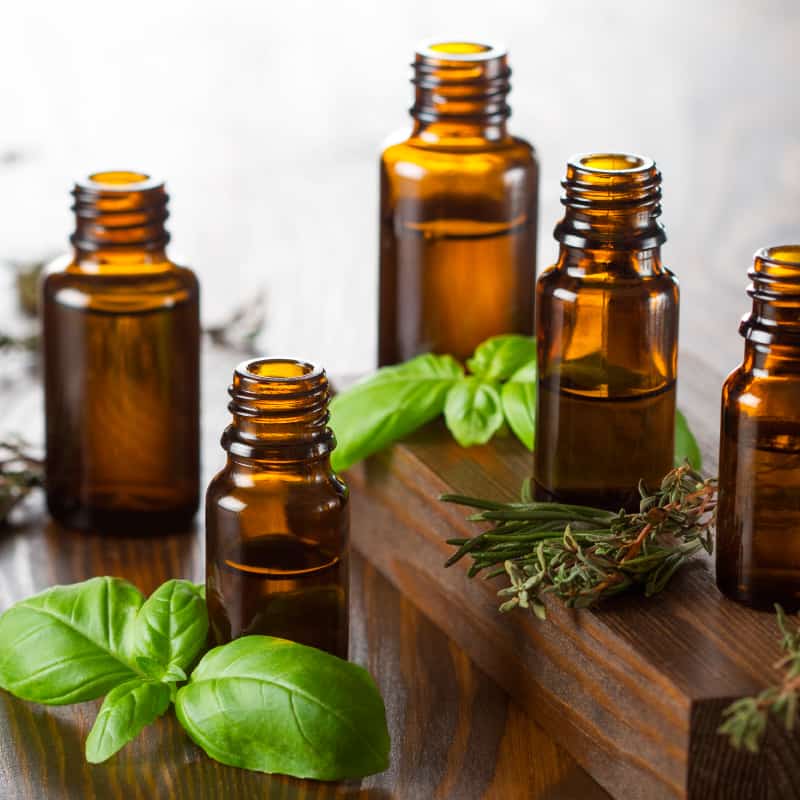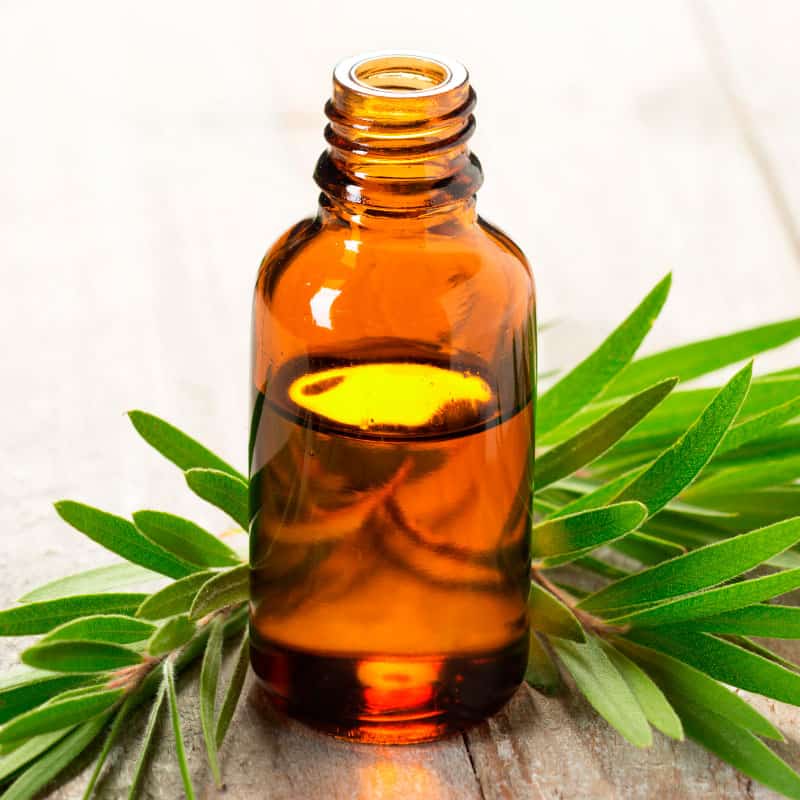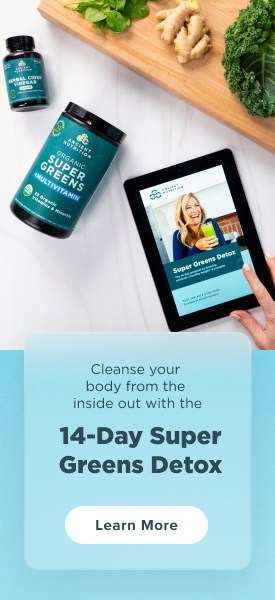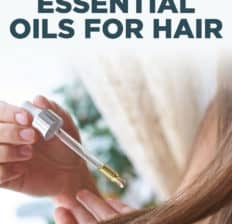This Dr. Axe content is medically reviewed or fact checked to ensure factually accurate information.
With strict editorial sourcing guidelines, we only link to academic research institutions, reputable media sites and, when research is available, medically peer-reviewed studies. Note that the numbers in parentheses (1, 2, etc.) are clickable links to these studies.
The information in our articles is NOT intended to replace a one-on-one relationship with a qualified health care professional and is not intended as medical advice.
This article is based on scientific evidence, written by experts and fact checked by our trained editorial staff. Note that the numbers in parentheses (1, 2, etc.) are clickable links to medically peer-reviewed studies.
Our team includes licensed nutritionists and dietitians, certified health education specialists, as well as certified strength and conditioning specialists, personal trainers and corrective exercise specialists. Our team aims to be not only thorough with its research, but also objective and unbiased.
The information in our articles is NOT intended to replace a one-on-one relationship with a qualified health care professional and is not intended as medical advice.
The 7 Best Essential Oils for Hair Growth & More
February 15, 2023
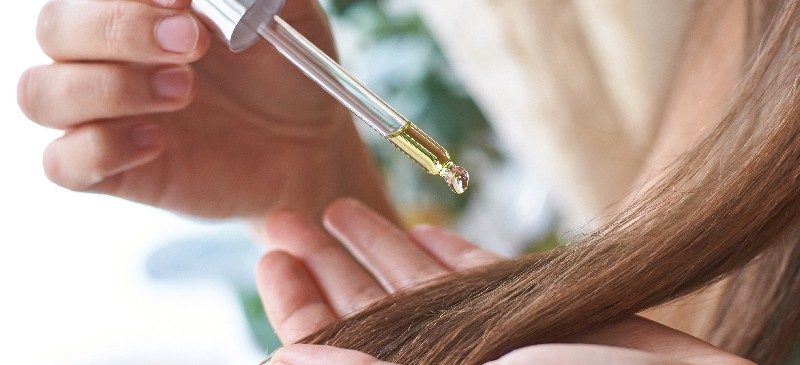
When it comes to using essential oils for hair, there are plenty of beneficial choices. Whether you are looking to thicken your hair, treat dandruff and dry scalp, give your hair strength and shine, or lighten your hair naturally, essential oils are much safer and just as effective as conventional hair care products.
They are also more cost-effective — one bottle of your favorite essential oil can not only nourish your hair, but it can help reduce stress, alleviate pain and fight skin infections as well. Plus, essential oils are all-natural, which means they are free of dangerous chemicals and better for the environment and your home, too.
The 7 Best Essential Oils for Hair
1. Lavender
Studies have shown that lavender oil possesses hair growth-promoting effects. In a 2016 animal study, topical application of lavender oil proved to significantly increase the number of hair follicles in female mice. Lavender oil was also able to deepen the depth of hair follicles and thicken the thermal layer.
Lavender oil has antimicrobial properties, and it can be used to combat bacterial and fungal disorders. Some other lavender oil benefits are its ability to soothe the scalp and treat dry skin and hair. Plus, because emotional stress is a factor that can contribute to thinning hair, lavender oil can be used to create a tranquil and stress-free environment.
2. Rosemary
Rosemary oil is one of the top essential oils for hair thickness and growth. It is used to increase cellular metabolism, which stimulates hair growth and promotes healing. Research even shows that rosemary oil appears to work as well as minoxidil, a conventional topical hair loss treatment.
When it comes to boosting your hair health, the benefits of rosemary oil also include preventing baldness, slowing the graying process, and treating dandruff and dry scalp.
To use rosemary oil for your hair, mix it with olive oil and lavender oil (olive oil hair treatment with rosemary and lavender), and then massage the mixture into your scalp for about two minutes. Leave it in your hair for three to four hours, and then wash your hair as usual.
3. Chamomile
Chamomile oil is a great essential oil for hair because it adds shine and softness to your hair while soothing your scalp.
Did you know that chamomile essential oil can be used to lighten your hair naturally?
Combine five drops of chamomile essential oil with a tablespoon of sea salt and one-third cup of baking soda. Use warm water to create a paste, and apply the mixture to your hair. Massage it into your scalp and at the base of your hair, then allow it to sit for about half an hour before rinsing it out.
If you want a bolder affect, keep the paste on as you sit in the sun.
Research suggests that 50 percent of women dye their hair regularly and feel more attractive right after having their hair dyed, but conventional hair products that are used to lighten hair contain dangerous chemicals that can cause numerous health risks. Choosing a natural alternative ensures that you aren’t exposed to unhealthy hair-dyeing products, like formaldehyde and bleach (hydroxide peroxide).
4. Cedarwood
Cedarwood is used to help stimulate the hair follicles by increasing circulation to the scalp. It can promote hair growth and slow hair loss, and it can also treat thinning hair and various types of alopecia.
A study conducted in Scotland involved 86 patients who were randomized into two groups — one group massaged a combination of cedarwood, thyme, rosemary and lavender oils in a mixture of jojoba and grapeseed carrier oils into their scalps daily. The control group used only carrier oils daily.
After seven months, 44 percent of patients in the essential oil group showed improvement of alopecia symptoms, while only 15 percent of the control group showed improvements.
Cedarwood essential oil can also help reduce skin irritations and repel bugs, which can be beneficial on summer nights when you spend time outdoors.
Cedarwood can be applied topically to the scalp and hair. It mixes well with gentle oils like lavender and carrier oils like coconut oil.
You can also add two to three drops of cedarwood oil to your homemade conditioner.
5. Clary Sage
An important ester in clary sage oil called linalyl acetate reduces skin inflammation and regulates the production of oil on the skin. Clary sage also works as a natural remedy for rashes, and it works as an antibacterial agent.
Maybe most importantly, clary sage can be used to help you relieve stress and balance hormones. Three types of hair loss can be associated with high stress levels: telogen effluvium, trichotillomania (hair pulling) and alopecia areata. Because clary sage can be used to help relieve stress and reduce cortisol levels in the body, it works as a natural remedy for stress-induced hair loss.
Clary sage works well with jojoba oil. The two can help regulate oil production on the skin, helping you avoid scaly or flaky patches that lead to dandruff.
To ease stress, which is associated with hair loss, you can diffuse clary sage oil at home or apply a few drops to your wrists, temples and bottoms of your feet.
6. Lemongrass Oil
Lemongrass essential oil has healing properties, and it works as an effective cleanser and deodorizer. It can strengthen your hair follicles and soothe an itchy and irritated scalp.
In fact, a 2015 study found that the application of lemongrass oil reduced dandruff significantly after seven days and increased the effect even more after 14 days of topical application.
Some bonus benefits of lemongrass oil include its ability to work as a natural bug repellant, relieve stress (which is associated with hair loss) and treat headaches.
You can add 10 drops of lemongrass oil to your bottle of shampoo or conditioner, or you can massage two to three drops into your scalp along with your conditioner daily. Lemongrass oil can also be diffused at home to reduce stress and detoxify the space.
7. Peppermint
Peppermint oil helps stimulate the scalp, and it can treat dandruff and even lice due to its powerful antiseptic properties. Research shows that peppermint oil promotes hair growth, too.
In a 2014 animal study, topical application of peppermint oil for four weeks showed prominent hair growth effects, increasing dermal thickness, follicle number and follicle depth.
Peppermint has a pleasant cooling sensation when applied topically, and it has calming effects to help reduce skin inflammation. In addition to these peppermint oil uses, it also works to energize your mind, boost your mood and relieve tension or headaches.
Add two to three drops of peppermint to your shampoo or conditioner for a quick wake-me-up during your morning shower.
5 Benefits of Essential Oils for Hair
1. Stimulate Hair Growth
It’s common for hair loss sufferers to turn to hair replacement surgery and topical hair loss products in hopes of regaining their full heads of hair, but your first line of defense when combatting hair loss should be to address the root cause, whether that’s by boosting circulation, fighting inflammation or adding moisture.
The amazing thing about essential oils is that a few drops can do all of these things for you. You don’t have to use products containing chemicals to stimulate hair growth — essentials oils such as rosemary and cedarwood can be used topically to help you prevent and reverse hair loss.
2. Get Rid of Dandruff
Another common concern is how to get rid of dandruff, a skin disorder that affects 50 percent of the world population. Dandruff is caused by the buildup of dead skin, and in more severe cases, a yeast-like organism aggravates it. It can also be caused by hair care products that contain chemical ingredients that leave your scalp red, itchy and scaly.
The gentle, healing and moisturizing properties of essential oils like lavender and lemongrass help you to combat dandruff naturally — relieving common hair care issues like flaky and itchy scalp.
3. Nourish Your Hair
People tend to spend a lot of money of hair care products that are used to leave your hair looking shinier, smoother and straighter. Unfortunately, many of these products do more harm than good.
Keratin treatment, for instance, contains toxic ingredients like formaldehyde, which is known to be a human carcinogen.
Instead of turning to these conventional methods, using essential oils for hair makes your locks stronger and healthier, without the potential side effects. The hydrating, soothing, anti-inflammatory and antiseptic properties of essential oils work to nourish your hair naturally.
4. Prevent Oily Hair
Your sebaceous glands, or oil glands, are responsible for maintaining proper hydration levels through the sebum or the oil that they produce. This is what gives your hair a healthy shine, but when your glands produce too much oil, it can make your hair look greasy, even when you just washed it that morning.
Some essential oils, like peppermint, can help you to control sebum production, leaving your hair oil-free and shiny.
5. Reduce Stress and Balance Hormones
Research shows that stress is associated with hair loss and so is a hormone imbalance. Stress triggers inflammation and prematurely induces hair follicle regression, leading to hair loss.
It may seem too easy, but simply diffusing calming and stress-relieving essential oils for hormones, like lavender and clary sage, at home can help reverse hair loss naturally.
How to Use (DIY Recipes)
All of these essential oils for hair are easy to find online or at your local health food store. It is very important that you only purchase essential oils that are 100 percent pure grade, especially when you are ingesting the oil or applying it topically. It’s also a good idea to do a patch test with any essential oil that you’re using for the first time.
Because essential oils are so potent, they should be diluted with a carrier oil before topical application. Some beneficial carrier oils for hair include:
- Coconut Oil — Coconut oil contains medium-chain fatty acids, including lauric acid and capric acid, that have strong antiviral, antimicrobial and antifungal properties. These properties help thoroughly clean your hair and scalp, thereby helping prevent and treat issues like dandruff.
- Jojoba Oil — Jojoba oil encourages hair growth and moisturizes the scalp. It works as an emollient, soothing the skin and unclogging hair follicles.
- Olive Oil — Olive oil is a source of vitamin E and other antioxidants. Some olive oil benefits include its ability to hydrate and soothe the skin, working to get rid of dry scalp and dandruff.
You can simply combine your essential oils for hair and a carrier oil of your choice and massage the mixture into your scalp. You can also add essential oils to your everyday shampoo or conditioner.
If you are looking to address a more specific issue, here are some DIY recipes that also help boost the health of your hair:
- Thicken your hair: To help thicken your hair naturally, use this natural hair thickener that’s made with a combination of rosemary, cedarwood and sage essential oils. These oils stimulate your hair follicles by increasing circulation to the scalp, helping balance your hormones.
- Style your hair: You want to avoid using conventional hair sprays because many conventional products on the market today include toxins that you don’t want anywhere near your head and face. To help set your hair and prevent flyaways, use this homemade hair spray that’s made with lavender and rosemary, plus vodka and cane sugar, which gives you the hold you’re looking for.
- Prevent oily/greasy hair: Add two to three drops of peppermint oil to your conditioner to get rid of greasy hair.
- Add shine: Giving your hair and scalp a good hair mask treatment on a weekly basis can help take care of unruly strands, moisturize your hair and add shine.
- Lighten your hair: Add two to three drops of chamomile oil to your hair before going out in the sun.
Conclusion
- Instead of using conventional hair care products that contain dangerous and even carcinogenic chemicals, essential oils for hair are all-natural and just as effective.
- Essential oils for hair can help boost the health of your hair in several ways, whether you want to thicken your hair, add shine, hydrate your scalp, treat dandruff or lighten your hair naturally.
- It’s simple to use essential oils for hair growth and beyond — simply combine your favorite oil with a carrier oil, and massage the mixture into your scalp. You can also diffuse essential oils at home to beat stress and aid hair growth.




